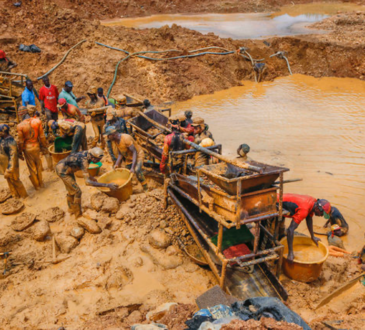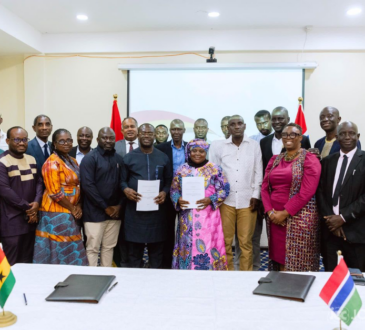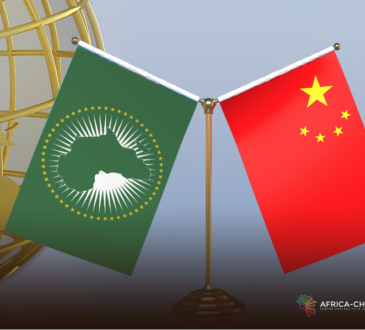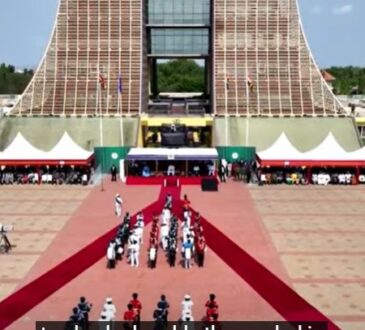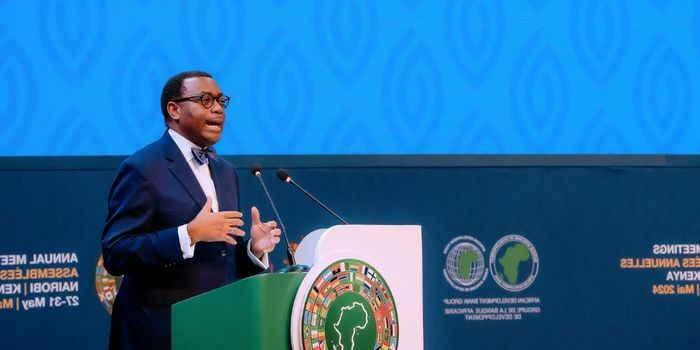
Discussions on infrastructure funding took centre stage at the African Development Bank (AfDB) Annual Meetings in Nairobi on Wednesday, with leaders discussing how to increase it while also lowering the high interest rates applied by international lenders.
AfDB President Akinwumi Adesina expressed hope that the bank could boost infrastructure investment with the help of the International Monetary Fund (IMF), announcing that in the past nine years, it invested over $50 billion in infrastructure projects on the continent.
Infrastructure funding is especially important as Africa’s economy continues to improve, and Adesina reported that the growth rate is set to accelerate to 3.7 per cent this year and 4.3 per cent the next, from 3.1 per cent in 2023.
“African economies are experiencing great resilience despite the challenges posed by climate change, geopolitical tensions, global inflation, and rising debt, among others,” Adesina told the AfDB Annual Meetings, taking place at the Kenyatta International Convention Centre (KICC) in Nairobi this week.
Two weeks ago, the AfDB President reported that the IMF had approved multilateral banks such as the AfDB lending against the Fund’s Special Drawing Rights (SDRs) monetary reserves. SDRs are interest-bearing international reserve assets granted to IMF member countries in proportion to their shareholding.
“If the approved limit of $20 billion of the SDRs is channelled to multilateral development banks like us, we [the AfDB] can leverage this to deliver at least $80 billion of new financial support,” Adesina said.
The bank is helping to raise $3.2 billion for the East Africa standard gauge railway linking Tanzania, the Democratic Republic of the Congo, and Burundi, he added.
It is also providing $500 million towards the development of the Lobito Corridor to connect Zambia, Angola, and the DRC.
As Africa pursues further economic growth, key issues include borrowing to finance key projects, as loans and other plans have left many countries struggling to repay heavy debts.
In his address to the AfDB AM on Wednesday, Kenyan President William Ruto discussed the recurrent issue of the continent’s borrowing from international markets at high interest rates, ” far above those paid by the rest of the world, often up to 8–10 times more.”
“These rates are said to factor in an arbitrary risk profile… The debt problems faced by many countries, which consume the largest share of national resources and starve the development agenda, are a direct result of [the] unjust financial architecture,” said Ruto, who has been the African Union Champion for Institutional Reform since February 2024.
The head of state further highlighted the climate change matter, which he has been vocal about, saying it is firmly connected to sovereign debt. He noted that this combination traps governments in an endless cycle of increasing losses and damage from climate impacts and the rising costs of mobilising resources for public investments.
“The adverse impact of climate change on the fiscal sustainability of many economies, especially in developing countries in Africa, deserves our serious attention. Despite contributing only 4 per cent of global carbon emissions, we bear the brunt of climate change effects,” Ruto said, calling for serious solutions for Africa.
Ruto reiterated, however, that despite these challenges, the continent is capable of immense growth, capitalising on its people’s skills and resources, and just financial systems.
“Africa is neither seeking handouts nor asking for charity. We are a continent of sovereign people who aspire to grow in a just multilateral system and access development financing on fair terms,” he said.
Reuters




